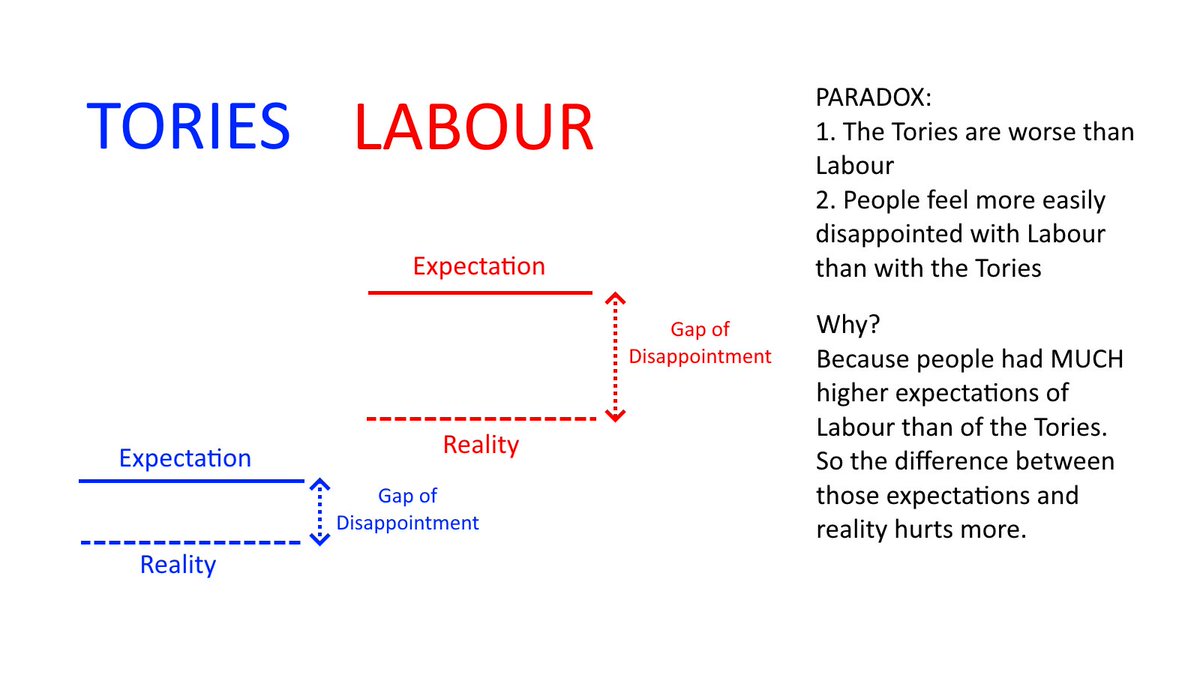Real narrative of the European election is more nuanced than most news coverage. The Brexit Party consolidated the Hard Brexit vote, but H.B. overall only took 5.2% away from Tories/Labour. Pro-Remain parties vastly outstripped the Hard Brexit vote, and took 24% from Tory/Labour. 

All-in, Remain gained at least 3,977,922 votes* and Hard Brexit gained 910,513 votes.
(*Note: the Scottish Green voting figures aren't in yet, so the "Remain" position would have been stronger still had they been available. I'll amend when I get them.)
(*Note: the Scottish Green voting figures aren't in yet, so the "Remain" position would have been stronger still had they been available. I'll amend when I get them.)
Overall, the EU should be pleased (as far as they can be pleased about anything to do with the UK these days given all the hassle we're putting them through). The MEP slate returned this time around is, on average, much more moderate and less right-wing than in 2014.
Ok, here's the revised version of the table, this time without the formula glitch that forgot to count the Greens in the 2014 total. Sorry, Greens! 

• • •
Missing some Tweet in this thread? You can try to
force a refresh









